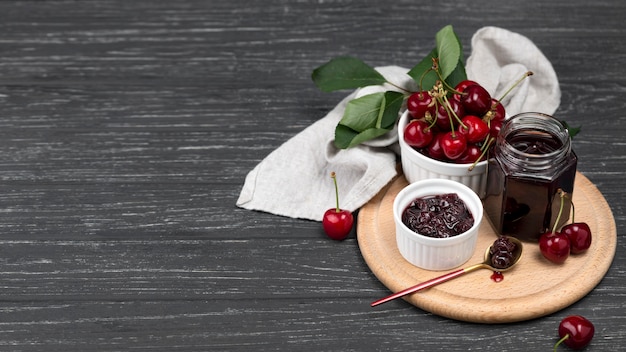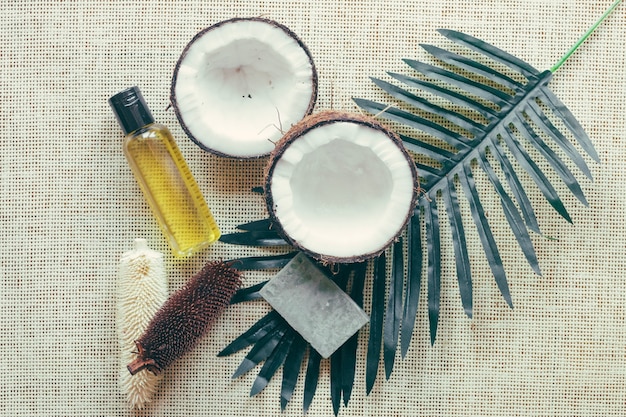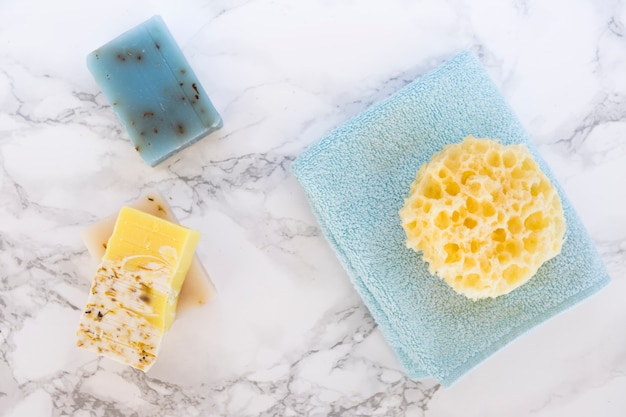
Elderberries have been used for their health benefits for thousands of years. In the Middle Ages, they were even called the Holy Tree because people believed they could boost health and longevity. There’s evidence that prehistoric people might have cultivated elderberries, and ancient Egyptians had recipes for making medicine from them. Hippocrates, known as the father of medicine, referred to elderberries as his “medicine chest.”
Elderberries come from the Sambucus plant, often called elder or elderflower. They grow mainly in the Northern Hemisphere, especially in Europe and North America, but some species are also found in Australia. The berries are black or dark blue and have a sharp, sweet taste, making them popular in desserts, syrups, jams, and even cocktails and wine.
Elderberries are highly nutritious, containing minerals like iron, potassium, phosphorus, and copper, along with vitamins A, B, and C, proteins, and dietary fiber. They also have a high amount of anthocyanins, which give them their dark color and antioxidant properties. These antioxidants help protect the berries from UV light and offer health benefits to those who consume them.
Here are seven reasons to consider taking a tablespoon of elderberry syrup daily:
1. Boosting the Immune System: Elderberry syrup is well-known for strengthening the immune system and helping to prevent or alleviate flu and cold symptoms. The anthocyanins in elderberries boost immune responses by increasing the production of immune cytokines, which help the body fight diseases. Studies have shown that elderberry extract can reduce flu symptoms faster than a placebo. It also helps reduce mucus and soothe respiratory issues.
2. Sinus Infection Relief: Elderberry syrup’s antioxidant and anti-inflammatory properties can help relieve sinus infections by reducing inflammation in the nasal passages. Research has shown that elderberry solutions can improve symptoms of bacterial sinusitis.
3. Improving Circulation and Heart Health: Elderberry anthocyanins protect blood vessels from oxidative stress, which helps improve circulation and reduce the risk of stroke and heart disease.
4. Supporting Strong Bones: The anti-inflammatory and antioxidant properties of elderberries can alleviate joint pain and promote the development of new bone tissue, reducing the risk of osteoporosis.
5. Managing Glucose Levels in Diabetics: Elderberry extracts have been found to stimulate glucose metabolism and insulin secretion, helping to lower blood sugar levels. Research has shown that elderberries can increase glucose transport and oxidation, aiding in the maintenance of normal blood sugar levels.
6. Natural Diuretic: Elderberries can promote urination and bowel movements, which can be beneficial for those who retain too much fluid.
7. Cancer Prevention: The anthocyanins in elderberries have anti-carcinogenic properties and can help prevent the formation of cancerous cells.
How to Make Your Own Elderberry Syrup
Ingredients:
– 1 cup dried organic elderberries
– 3 ½ cups water
– 1 cup raw honey
Equipment:
– Medium saucepan
– Strainer
– Pint-sized mason jar with lid
Instructions:
1. Gather all ingredients and equipment.
2. Place elderberries and water into the saucepan.
3. Bring to a boil, then cover and simmer for 45 minutes to an hour until the liquid is reduced by half.
4. Remove from heat and let cool.
5. Mash the elderberries with a spoon or masher.
6. Strain the syrup into the glass jar.
7. When the liquid is no longer hot, add 1 cup of honey and stir well.
8. Store in the refrigerator. Take ½ tablespoon to 1 tablespoon daily for adults and ½ teaspoon to 1 teaspoon for children to boost the immune system. If you catch a cold or the flu, take the normal dose every 2-3 hours until symptoms improve.



